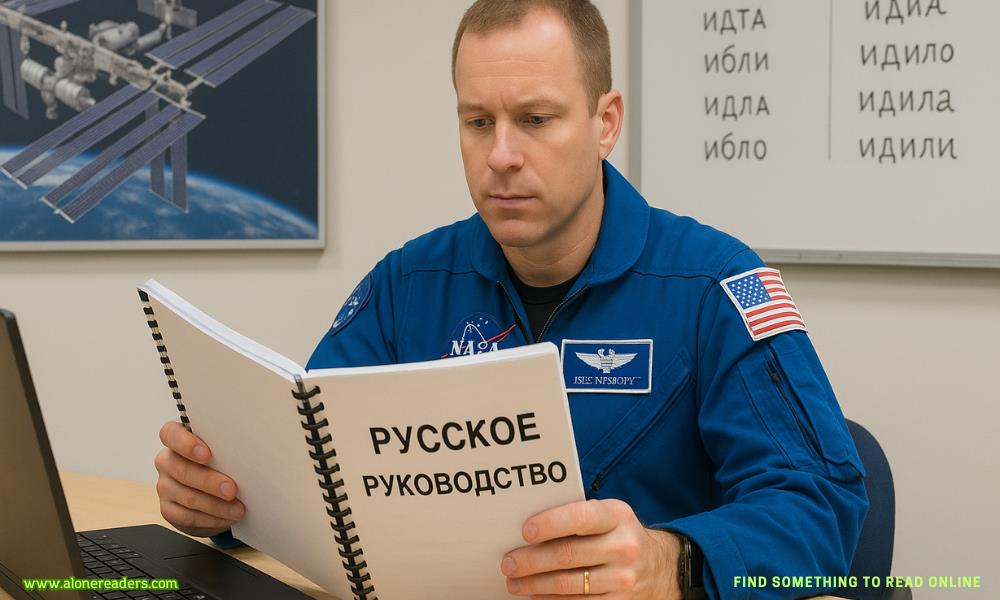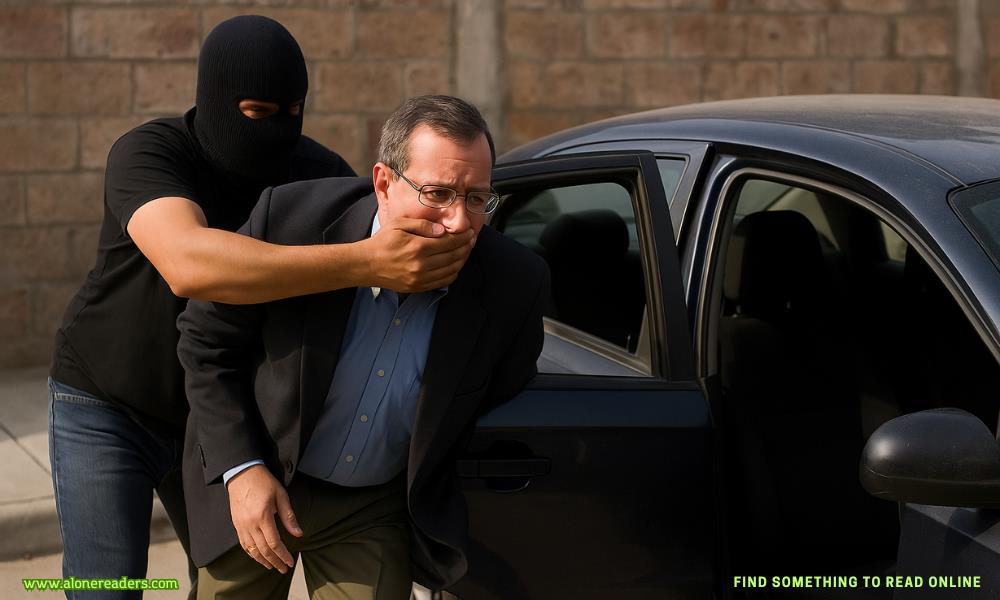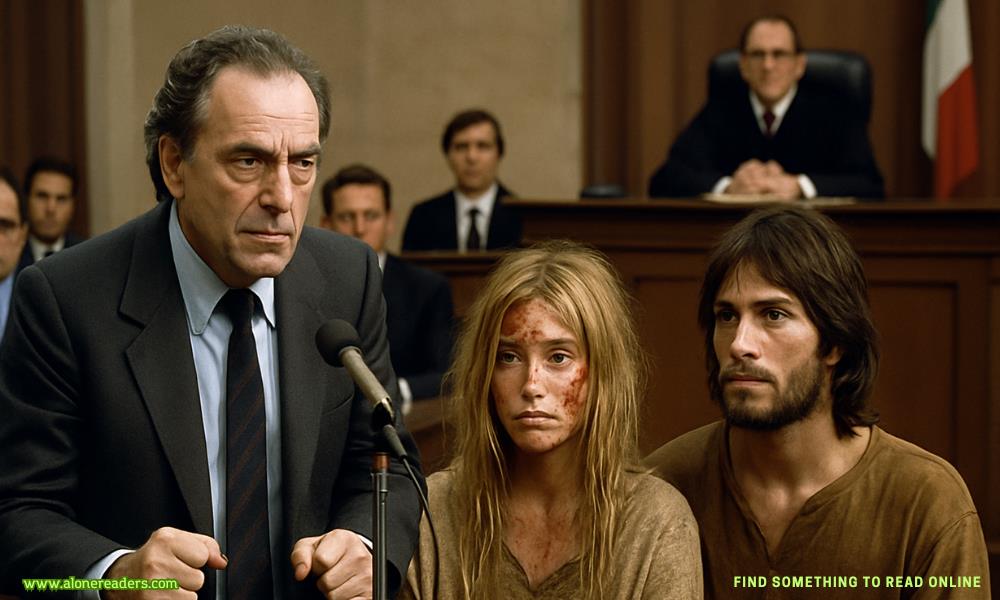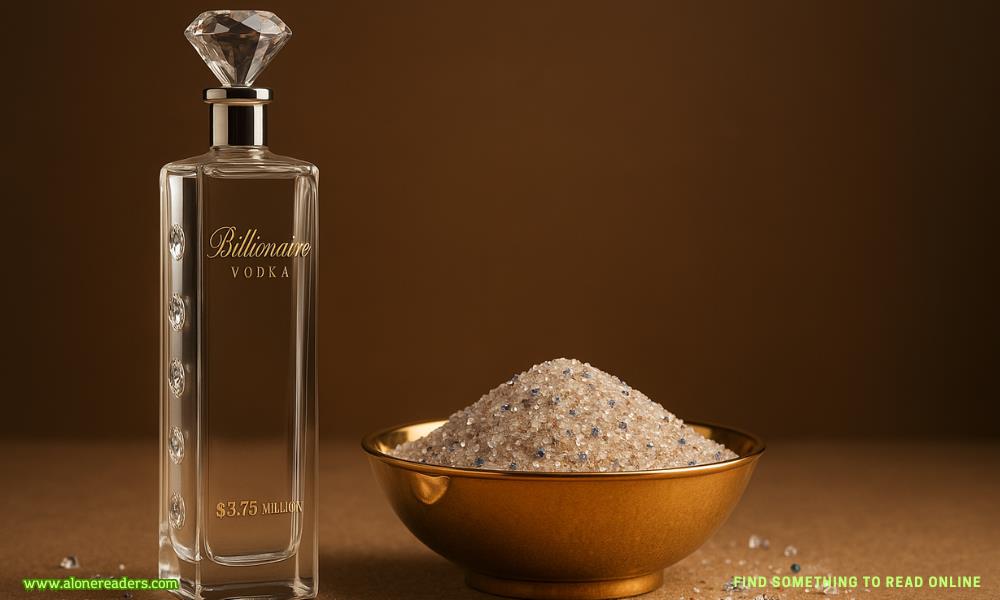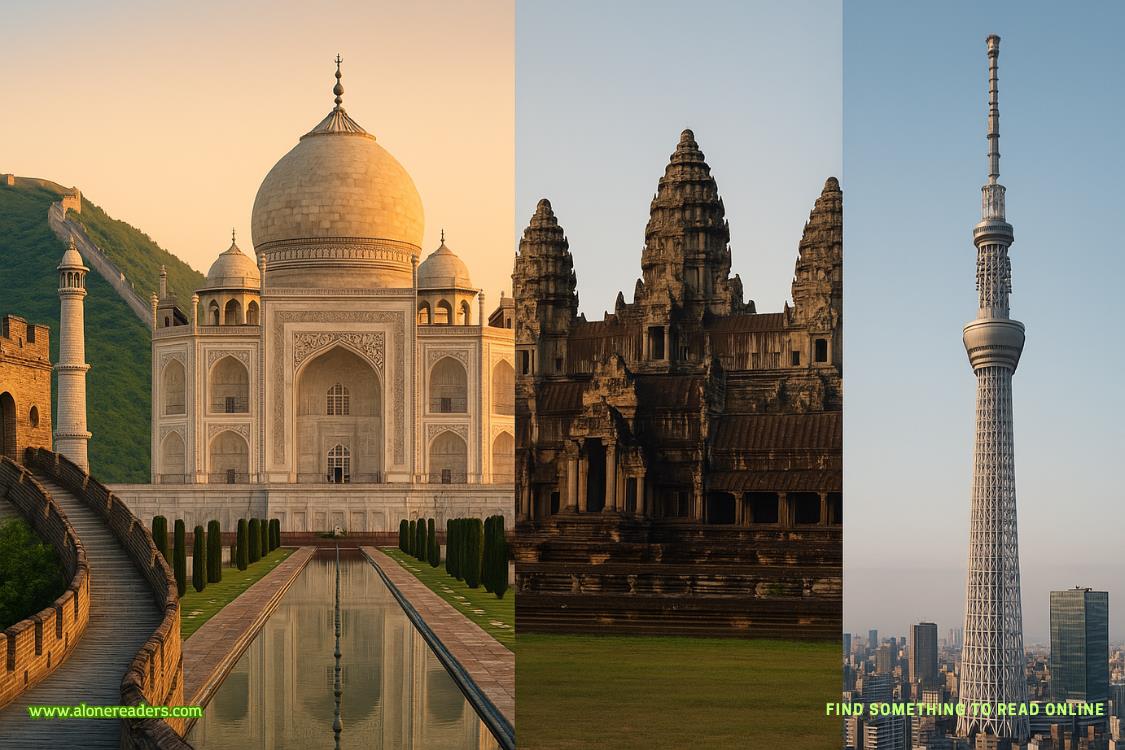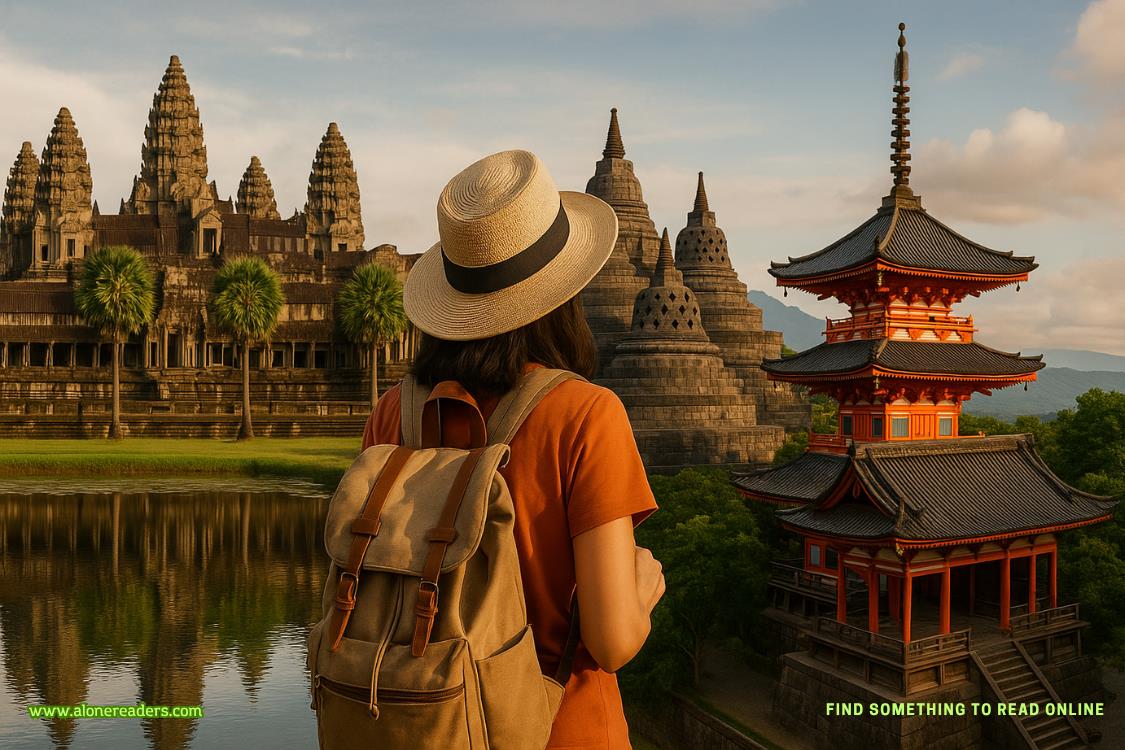Page 1 of Veil of Ashes
Prologue – Sylvara
East Fremont stinks of piss and regret. Upstairs, the regulars are trying to drown both in cheap liquor and broken jukebox songs. But down here—buried beneath a dive bar that hasn’t passed a health inspection since the Reagan era—it’s just me, a desk of counterfeit lives, and the hum of UV bulbs over ink that never quite dries.
I sit at the bench, forearms streaked with ink and glue residue, a half-finished Irish passport wilting in front of me like it already knows it’s a lie. My tools are scattered like I fought them and lost—blades, stamps, strips of laminate curled like dead insects. The place reeks of acetone and heat-pressed vinyl, layered beneath the sour trace of the bourbon bottle next to my elbow.
I’m not drunk. Not enough to slur. Just enough to stop pretending I don’t hear her voice in my head again. My mother. Singing in Italian when I couldn’t sleep, hands brushing my hair back like she could stroke the nightmares out of me.
She died with her eyes open.
I reach for the photo. It’s always here, tucked under a stack of customs seals and forgery stencils—like I forget it’s there on purpose, just so I can find it again.
My mother’s in it, laughing at the camera, mouth open wide like she doesn’t care who hears. The kind of laugh that makes people turn and smile, even if they don’t know why. I used to have that. Her joy. Her hands. Her laugh. Now I’ve got burn scars, fake names, and enough secrets to choke a priest.
Next to her stands my father. Barely. He isn’t touching her. Isn’t looking at her. Just a ghost in a dark shirt and darker eyes—mouth in that flat, dead line I remember too well. Like he showed up in the photo just long enough to haunt it.
I trace the edge of the paper, rough and soft from years of handling. His eyes seem to follow me. They always do.
“You died with her,” I whisper.
I strike a match.
It flares sharp, too bright, a little hiss of heat against my fingers. I hold it over the steel dish, and the paper begins to curl. Her face goes first. My father lingers, blackening at the edges like he doesn’t want to let go. Typical. Even in death, he makes a mess of leaving.
The smell of burning ink and old paper curls into my nose. My hand stays steady.
“Ink doesn’t lie,” I murmur. “But people do. Especially family.”
The flame eats the corner of his mouth. A flick of smoke rises, and he’s gone.
The last piece of him. Ashes to match the rest of me.
I crush what’s left in the dish and twist the metal until it creaks. The photo turns to powder beneath my thumb. It feels good. Not clean. But finished. Mostly.
The scar on my forearm itches. I don’t scratch it. The skin there never healed right—rough and pink, a raised reminder of the night I stopped being her daughter and started surviving. I don’t let myself remember the way the alley smelled. I remember the color of the puddle I stepped in—dark and almost pretty under the streetlight. Like wine. Or ink.
I was sixteen. I ran without shoes, blood crusting the hem of my jeans, the knife still in my back pocket.
I found Fiorenzo that night. Or he found me. Either way, he was the one who showed me how to make documents that never asked questions. IDs that opened doors, not graves. At first, it was survival. Then it became art. Then it became power.
I built a kingdom in the dark so I’d never have to see that face again.
Now it’s all ash.
There’s a knock at the trapdoor above. One knock. Pause. Two more. Fiorenzo’s code.
I push my chair back and stand. My legs ache from hours of sitting. I flick the UV lights off, sweep the half-finished passport under a false panel in the bench, and unlock the latch.
The trapdoor groans as it opens, wood straining like it resents being disturbed. Fiorenzo’s head appears—balding, scowling, wearing that awful button-down he thinks makes him look like a retired poker dealer.
“You working or brooding?” he asks, voice dry as ever.
“Same thing tonight.”
He drops into the room, boots thunking on the floor. He doesn’t look at the ash in the dish or the bourbon bottle. But his eyes flick to my scar before I roll my sleeve down.
“You finish that Irish passport for Dante’s guy?”
“Mostly.” I lean back against the desk. “He’s going to hate the photo. Ugly mug like that doesn’t belong in Europe.”




